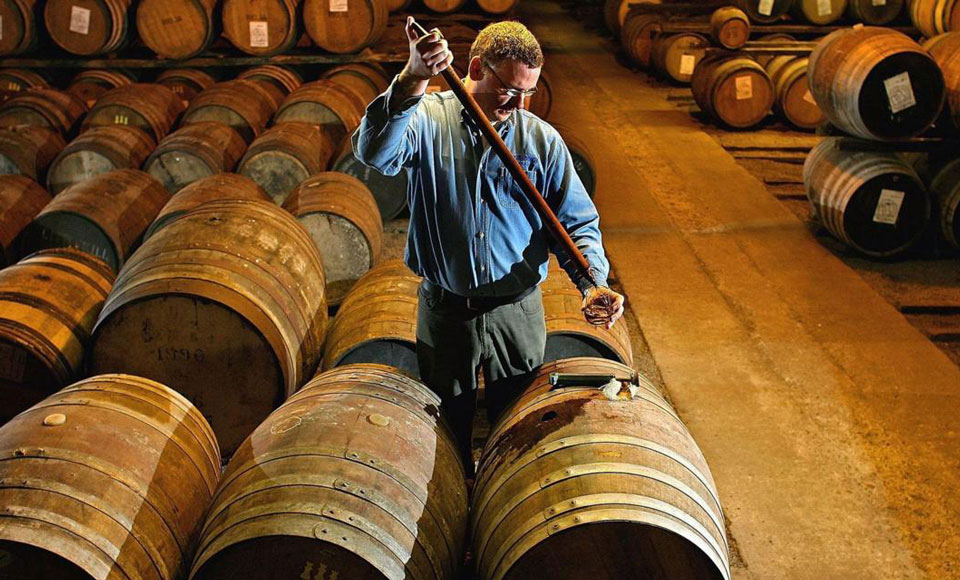The fast food phenomena appears to have finally caught up with the world of whisky.
In the past decade the liquor has seen a resurgence in popularity thanks in part to its unique artesian distilling processes defined by region. This premium appeal has led to the creation of a lucrative marketplace played out between major makers from the United Kingdom, the U.S.A and Japan.
With demand for whisky showing no signs of slowing down, innovative players are now also entering the market with their own controversial processes that bend the rules of an age-old tradition – time.
What separates a good single malt whisky from an exemplary one is the time it takes to age and now there are companies claiming to be able to replicate the quality and taste of premium whiskies aged in casks for more than a decade in mere weeks.
Whilst this might be one way to secure whisky supplies in the future, it also raises questions to do with the integrity of the art, whether the taste is really as good as the real thing and the ultimate appeal of “fast whisky”.
“Created using a patented process of light and heat to speed up the maturation process.”
The companies that claim to have this technology in place includes Lost Spirits, who have won awards for their rums and single malts that have been created using a patented process of light and heat to speed up the maturation process.
Cleveland Whiskey is another distillery championing this process with whiskies and bourbon created from high-pressure stainless steel tanks which mixes the liquor with wood combinations to produce a distinct flavour in just a number of days.
Meanwhile over at Highspire Whiskey the process is more in line with the oldschool ways with an added twist. Wine barrels hold the liquor and are mixed in with oak wood chips to accelerate the maturation process to just four months. Taking things to weird new places is Tuthilltown Spirits which apparently uses music to vibrate the barrels, thus moving things along quicker.
Even one Australian whisky maker is trying their hand at the idea with Tasmania’s Deviant Distillery claiming that their single malt whisky has the “chemical composition and flavour identical to a 10-year-old whisky”.
It might all sound straight-forward in theory but there’s a lot more chemical science going on in the ageing process than just extracting the flavours from oak barrels. According to The Conversation, “chemical reactions create new molecules, many of which are credited with the properties of the longest aged whiskies“.
Currently the innovators in the game are even employing ultrasound to harness the effects of acoustic cavitation – a process which promotes the formation, growth and collapse of microscopic bubbles via a sound field, thus speeding up the ageing process and more importantly, creating the necessary esters that provide spirits with their distinctive notes.
There is a major hurdle though. All of these so-called fast whiskies can’t actually be legally called or sold as ‘whisky’ since they do not meet the regulated minimum ageing process of two years.
And once this naming convention is sorted, there remains just one other major obstacle – convincing consumers on the taste. Just as people frowned upon the idea of recycled drinking water, fast whisky will likely see a similar cold reception in its early days.
Research however indicates that there’s nothing to worry about in the palate department. The Food Safety and Measurement Facility at the University of California, studied the “chemical fingerprint” of 60 American whiskies and found that there were 30 to 50 specific compounds that made up the different tastes of whiskies.
They took this research to Lost Spirit’s offering and even published forensic data which concluded a favourable comparison to a 33-year-old whisky sample. If that’s not enough to convince the most discerning whisky snob, Lost Spirit’s Reactor Aged Islay Whisky also recently took out the “Liquid Gold” standard at the 2018 Jim Murray Whisky Bible.
Based on this observation it would appear that concept of fast whiskies is just beginning to take hold of a centuries old art form. The question is, would you try it.
